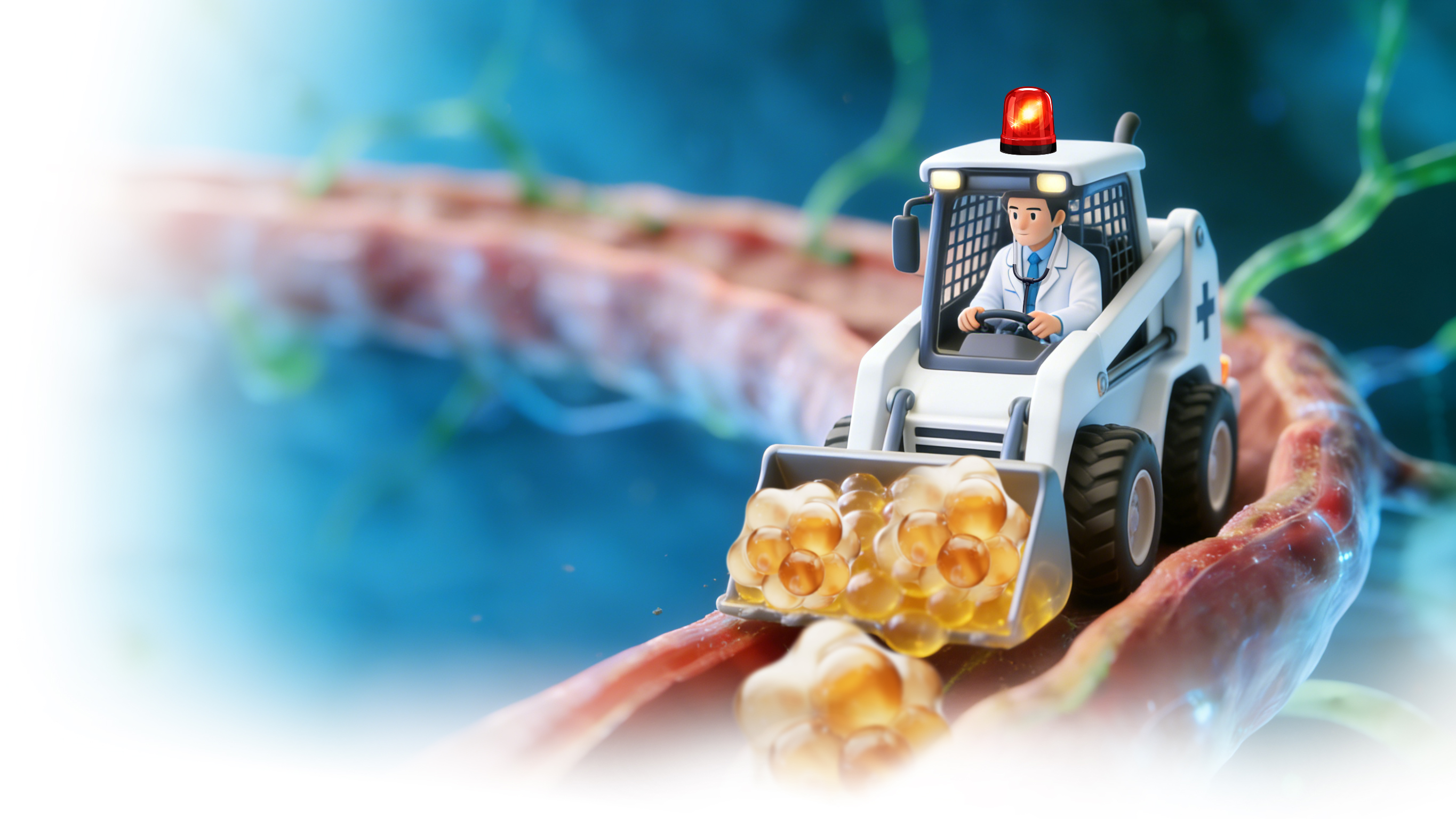

Specialist in Psychiatry
The symptoms of COVID-19 are heterogeneous and affect different systems such as respiratory, gastrointestinal, and neurological1. While the acute onset of severe symptoms and isolation precautions during the pandemic has been shown to be associated with mental health problems, psychiatric complications due to COVID-19 have been reported2. Notably, studies revealed that a substantial proportion of COVID-19 survivors would develop long term persistent symptoms, commonly referred to as "long-COVID"3. In addition to physiological outcomes, the psychiatric impact of long-COVID is significant. In a recent sharing, Dr. Carmen Lam, Specialist in Psychiatry, discussed the clinical issues of long-COVID-related psychiatric complications.
A Closer Look at the Psychiatric Impacts of COVID-19
The scenario was significantly worsened upon the outbreak of the 5th wave. Dr. Lam addressed that the manifestations in COVID-19 survivors differed from those in non-infected individuals. “The non-infected people were stressed and anxious in preventing the infection, especially when their close contacts had been infected,” she mentioned. Besides, the people infected with COVID-19 would be depressed by the guilt and worrisome of infecting others. Of note, Dr. Lam claimed that panic disorder was commonly seen during the 5th wave.
Given the collapse of the public healthcare system during the 5th wave of the pandemic, patients with psychiatric problems would experience a hard time when hospitalised. Dr. Lam said that some patients would avoid visiting public hospitals and seek help from private clinics leading to an increased financial burden. After recovery, the COVID-19 survivors were susceptible to the impacts of long-COVID, including the psychiatric sequelae while insomnia, cognitive impairment, pain, and fatigue were the most common symptoms observed. Hence, Dr. Lam suggested that the psychiatric impacts of COVID-19 have to be considered according to each stage of the pandemic.
Long-COVID - The Second Wave Challenge
While the local estimation of long-COVID-related psychiatric complications is yet to be available, a recent meta-analysis including 151 studies by Zeng et al (2022) suggested that 50.1% of COVID-19 survivors had at least one sequelae for up to 12 months after infection. Remarkably, 19.7% exhibited psychiatric symptoms, mainly depression (18.3%) and post-traumatic stress disorder (PTSD, 17.9%). Moreover, 18.7% of the pooled population developed neurological symptoms, such as cognitive deficits (19.7%) and memory impairment (17.5%)5. Dr. Lam added that the estimated proportions might be influenced by various factors such as vaccination status and viral strain infected.
In considering the association between long-COVID and psychiatric symptoms, Dr. Lam highlighted the role of neuroinflammation, which has been reported to play a pivotal role in diseases primarily based on dysregulation of neurotransmitter systems, such as mood disorders and schizophrenia6. Recent evidence indicates that SARS-CoV-2 induces neuroinflammation and may have severe long-term consequences7. Besides neuroinflammation, the altered epigenetic regulation upon social factors, such as a sense of unsafe, during the current pandemic would possibly drive psychiatric sequelae as well8.
To illustrate the real-life impact of long-COVID-related psychiatric symptoms, Dr. Lam shared the case of her patient who suffered from memory impairment after infection. The symptom significantly hindered the patient’s working performance, and the patient was downgraded to handle only straightforward and repetitive clerical tasks. The patient was thus depressed and worried about being laid off by his employer. “Psychiatric symptoms would significantly impair the patients’ daily functions, whereas unemployment due to suboptimal performance would induce depression even without long-COVID,” Dr. Lam expressed. Luckily, the patient’s cognitive performance was improved after 3 weeks of anti-dementia drug treatment and hence resumed regular duties.
Desai et al (2022) reported that neuropsychiatric symptoms in COVID-19 survivors, including impairments in memory, verbal fluency, and executive function, could be persisted for up to one year9. Dr. Lam stated that the psychiatric complications of long-COVID would trigger other adverse outcomes. However, she noted that COVID vaccination effectively reduces the risk of long-COVID onset.
Managing Psychiatric Complications of Long-COVID
In managing the psychiatric complications of long-COVID, Dr. Lam advised targeting the symptoms exhibited by the patients. “In these patients, the main concern would be the impact on daily functions such as concentration, memory impairment, and insomnia. The treatment needs to focus on controlling these symptoms,” she noted. For depression symptoms, the clinical performance of different antidepressants varies based on specific symptom profile. Particularly, Dr. Lam suggested that the newly available multimodal antidepressants are more promising in improving the concentration and memory of these patients. Interestingly, Tan et al (2021) demonstrated that vortioxetine, a novel antidepressant with multimodal activity, was associated with significant improvement in cognitive function and a favourable safety profile in older adults with mild cognitive impairment but no history of depression10. Moreover, the therapy has been reported to be effective in relieving chronic neuropathic pain11. “In long-COVID patients with muscle pain, switching to this antidepressant would possibly offer extra benefit,” Dr. Lam addressed.
In addition to pharmacological treatment, Dr. Lam emphasised the importance of lifestyle modification, such as physical exercises and diet. She advised patients to avoid highly processed food, but seafood and the Mediterranean diet are recommended. Notably, Lorenzo et al (2022) suggested that the Mediterranean diet could promote physical and psychological wellbeing by means of epigenetic mechanisms12.
The involvement of patients is crucial for optimising the treatment outcome. Dr. Lam commented the patients’ compliance at the private clinic is good in general. “If the patient feels the doctor is trying hard to help him/her on the issue they concern most, they will comply with the doctor’s advice,” she said. Hence, frontline physicians are encouraged to communicate with their patients and to understand what they treasure most.
As a final remark, Dr. Lam reminded frontline clinicians not to invalidate patients’ thoughts since this would discourage communication and compliance. Of importance, negative wordings should be avoided as well. She claimed that the essence of preventing psychiatric complications of long-COVID is to avoid the infection. Essentially, lifestyle intervention should not be implemented only after disease onset, whereas maintaining a healthy lifestyle is undoubtedly beneficial for both physical and psychological wellbeing.
References
1. Guan et al. N Engl J Med 2020; 382: 1708¡V20. 2. Krishnamoorthy et al. Psychiatry Res 2020; 293: 113382. 3. Raveendran et al. Diabetes Metab Syndr 2021; 15: 869. 4. Zhao et al. Int J Infect Dis 2020; 100: 431. 5. Zeng et al. Mol Psychiatry 2022 2022; : 1¡V11. 6. Lurie. J Exp Neurosci 2018; 12: 1¡V11. 7. Almutairi et al. Front Med 2021; 8: 2136. 8. Mahgoub. Neurotherapeutics 2013; 10: 734. 9. Desai et al. Am J Physiol - Cell Physiol 2022; 322: C1¡V11. 10. Tan et al. Int Clin Psychopharmacol 2021; 36: 279¡V87. 11. Adamo et al. Ther Adv Psychopharmacol 2021; 11: 204512532110343. 12. Lorenzo et al. Adv Nutr 2022; published online April 14. DOI:10.1093/ADVANCES/NMAC038.





